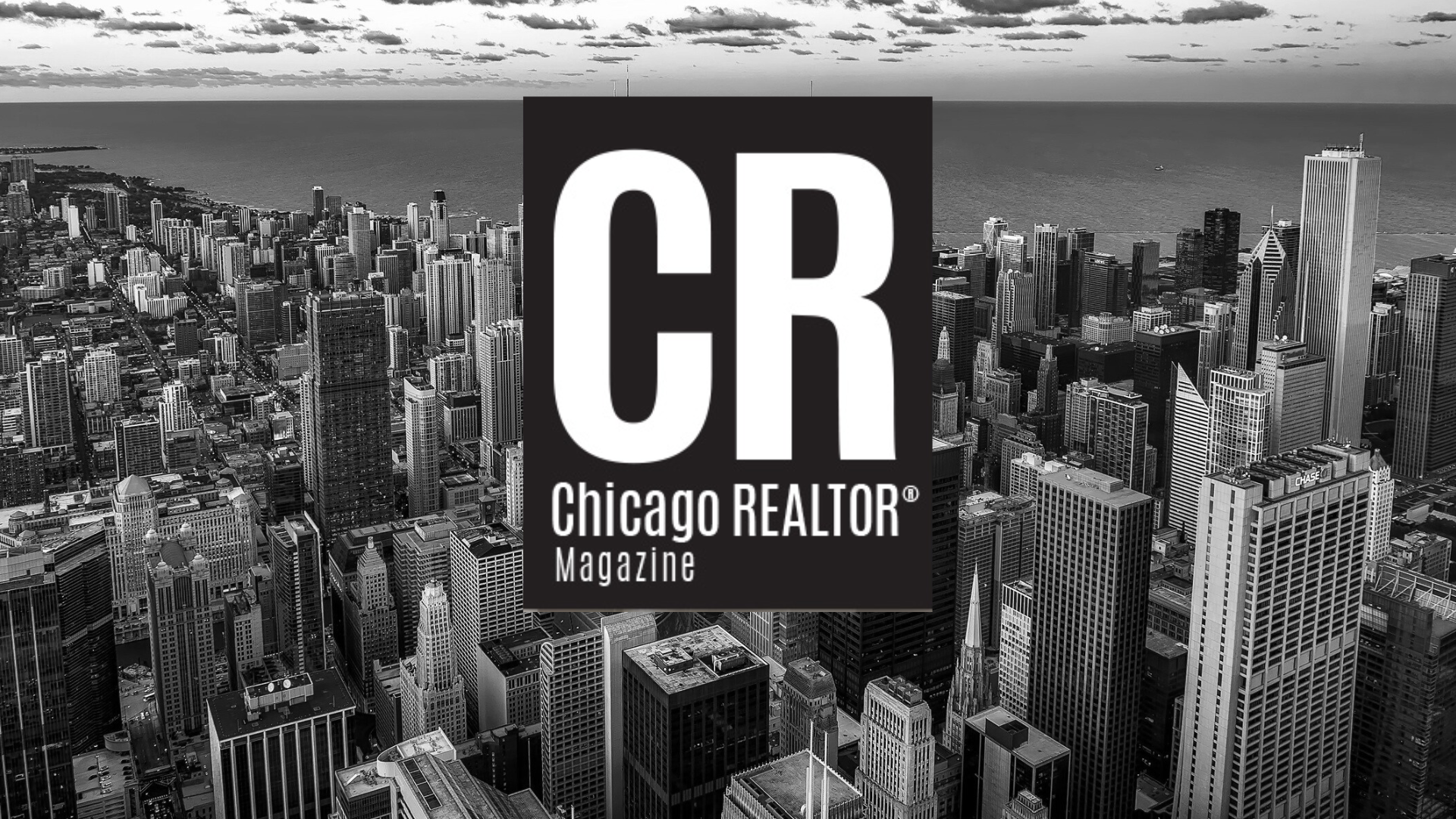As REALTORS®, we have the power to make a difference and move the needle on fair housing for everyone.
CEO Michelle Mills Clement spoke with her longtime mentor, former US Congresswoman and current Secretary of Housing and Urban Development Marcia Fudge, about why fair housing matters and how, in her new role at HUD, she’ll be working to advance housing for all citizens.
Q&A With Secretary of Housing & Urban Development Marcia Fudge on Fair Housing
In your welcome address to HUD staff, you discussed the importance of fair housing and rooting out systemic racism from our society. The Chicago Association of REALTORS® issued a public apology in 2018 for the role we played in advancing non-fair practices in fair housing. Our history is deep in that. I know you to be a visionary leader. How do you think you’ll break down systemic barriers to better the housing prospects for people of color across the country? Specifically, what can REALTORS® in Chicago continue to do besides our apology?
This role that the president has entrusted me with gives me a certain amount of power — and I am certainly not afraid to use it. FHA comes within the confines of this agency. We’re going to start looking at how we deal with credit scores — so often we are not fairly treated in that process. How do we do appraisals? There’s inherent bias in appraisals across this country. How do we deal with waiving student loan debt? How do we deal with down payment assistance? What do we do for small loans? We don’t want to loan small loans, so we let investors come in and flip our neighborhoods, but then you find gentrification. There are so many things that we can do, and we’re going to do them all.
I am determined that HUD is going to take the lead in making sure the systemic racism that has permeated not just HUD, but every agency in this country, is addressed and it is rooted out. We’re going to make sure that we make homeownership a reality for a lot of people who can afford it, but who have been excluded based on arbitrary things.
One of the things that comes along with this discussion is a lack of housing for so many Americans. Can you talk about the ways you and the department are focused on combatting homelessness, specifically?
We want to get people out of shelters. If you look at our last homeless report, on any night in 2020, more than 580,000 people were homeless in this country, which I think is just a disgrace. It is our job to make sure we put in place resources so we have vouchers and [can] build new housing.
The biggest problem we find is that people don’t want you to build low income and moderate housing in their backyard. Just as importantly, the cost of housing is rising rapidly in places like Chicago. What used to be an affordable home isn’t affordable any more. We have to find ways to expand low income and moderate income housing. I think we have a real shot at making a difference.
President Biden recently announced a $2 trillion infrastructure bill, known as the American Jobs Plan. In Chicago, we estimate over 120,000 affordable units are needed. How will the federal funding alleviate this here?
We know that we need over a million new homes. These $200 billion alone are estimated to build about two million homes. When you couple that with all the other resources — whether they be vouchers or low income tax credits to encourage people to build homes — we believe we’re going to make a significant dent in this problem.
We have the ability as a government to bridge the gap between what it costs to build a home versus what it costs to sell it; we can make those homes affordable. What we need is people like you in Chicago to help do that — to not make our jobs more difficult by continuing to allow some of the things that go on [in real estate] in our communities to continue. We need you all to stand with us.
Government Sponsored Enterprise (GSE) reform (Fannie Mae, Freddie Mac, etc.) is a big deal for us. Are we expecting anything to happen in the coming months with these programs?
GSE reform is something that really needs to be done by the Congress of the United States. But more importantly, what we have to do and something we haven’t done in a long time: we need an overall comprehensive look at how we do housing.
It’s not [just] GSE — it’s the VA, it’s also the USDA; it’s all of these things, the alphabet soup that I can come up with, but we need a comprehensive strategy as to how we deal with housing in this country.
I want to be clear with you all — my job is not just to do public housing; my job is to make housing affordable for everyday people. It’s the American Dream — it’s the mission of HUD, to make sure that FHA and whoever else it may be, lives up to the mission of our agency, which is to put people in housing of all kinds.
But my goal is homeownership. That’s the thing that creates wealth in communities like ours. And it gives us generational wealth. That is my number one priority.
Most importantly, I think that what all people need to understand in your business and in mine, is that we need to treat people with dignity and respect. We need to make sure every person understands we are working for them and we care about them and their families. Once we can get to that point, I do believe there are so many good things we can accomplish, if we’re all moving in the same direction and working for the same goal.
So true and that’s at the core: having that empathy, telling the truth about what’s happening, and then when we see racist practices, reporting them. I get messages about predatory lending practices still happening or different things with showings. If those aren’t reported, we can’t get everybody into homes. To the REALTORS® out there, please know that you have a duty to report those.
Please do. Because it can be simple things that people don’t think about. Think about it this way: one of the things I was so surprised to learn about FHA is that they waive student loan debt differently. Who tends to carry a lot of student loan debt? Low income people and people of color. So even though we don’t think about it as being racist, it’s discriminatory.
For public housing, I was talking to the secretary of the interior today. She was talking about these programs that are set aside for Native Americans and she was talking about buying property on tribal land. We have a program that is designed to assist, but that program says that you cannot miss one payment or be late on any payment for a whole year. If you are poor, if you are low income, that becomes a real challenge. We continue to put impediments and road blocks in people’s way to keep them from getting housing, as opposed to making it easier.
We have about 17,000 members that cover the city of Chicago. We are the eighth largest local real estate association in the country and we are truly leading in fair housing and diversity and inclusion initiatives in this country. Any closing words for our Chicago REALTORS®?
People who work in public roles, like REALTORS®, just always remember: if you take care of the people, the people will take care of you. If you are good at what you do and you care about people, the word spreads. If people trust you, you’ll never have to worry about it. If you do the right thing, people will always be appreciative of the work you do. Just care about people — give it your best.
I wake up every day and I say I’m going to do the people’s work. I don’t always have my A-game every single day. But I give the best I have that day — my very best. Do your part.
Watch & learn from our entire Fair Housing event series, and access resources to report Fair Housing violations.







